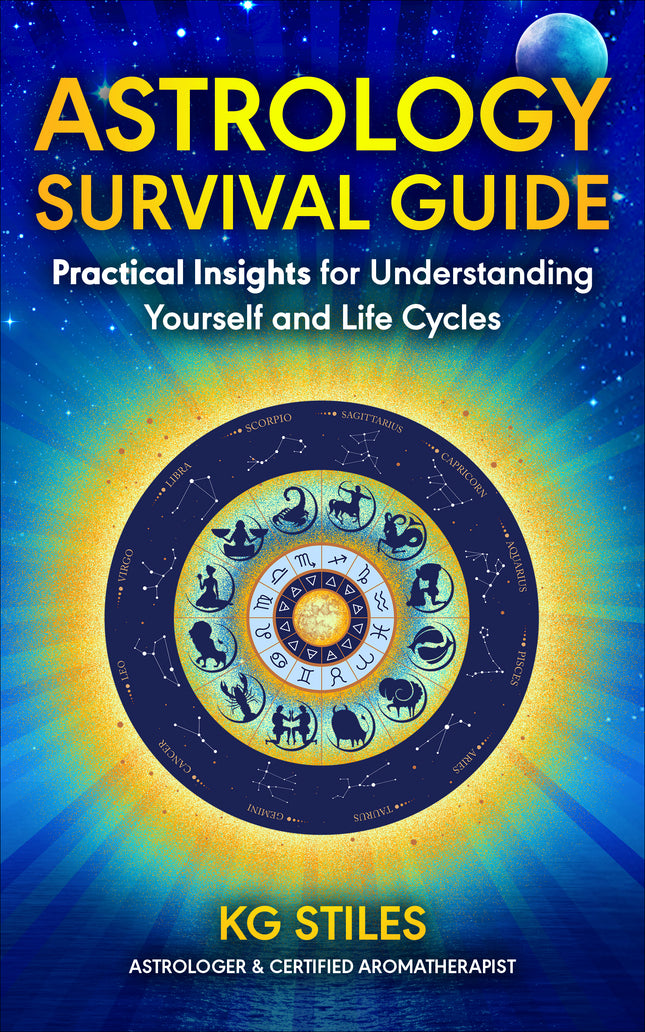 Despite being the most commonly studied and diagnosed mental disorder in children the exact cause of ADHD is unknown in the majority of cases.
Despite being the most commonly studied and diagnosed mental disorder in children the exact cause of ADHD is unknown in the majority of cases.
Genetics
Twin studies, considered a key tool in behavioral genetics and other fields of study from biology to psychology, indicate that, "ADHD is often inherited from one's parents with genetics determining about 75% of cases." Genetic factors are also believed to be involved in determining whether ADHD persists into adulthood.
Evolution may also play a role in higher rates of ADHD, especially hyperactive and impulsive traits, in males. Some researchers claim that these "traits" may be a form of adaptation that helps males face stressful or dangerous situations, such as quicker response to predators or superior hunting skills.
A study published in, Journal of Child Neurology, showed that Down syndrome is associated with ADHD.
Environment
Though evidence is inconclusive some environmental factors may also play a role in ADHD.
For instance alcohol intake during pregnancy and exposure to certain toxic substances, like lead and pesticides, may result in neurological problems which resemble ADHD symptoms.
Studies have also linked tobacco smoke during pregnancy to problems with development of the fetus' central nervous system which can increase the risk of ADHD.
Some studies suggest that, in a minority of children, artificial food colors or chemical preservatives have been associated with an increase in symptoms of ADHD. In fact, the evidence to support these findings has prompted the United Kingdom and the European Union to put food regulatory guidelines in place.
It was also discovered that food intolerances or allergies may worsen ADHD symptoms.
Studies show that ADHD symptoms may reflect a child’s living situation, or their poor quality of education.
However, current research does not conclusively support popular beliefs that eating refined sugar, watching too much television, parenting skills, family chaos or poverty as "causative factors" in ADHD though symptoms can worsen.
6 Essential Oils for Relieving ADHD Symptoms
#4 ROSEMARY (Rosmarinus Officinalis ct. verbenon), steam distilled herb and flowering tops. Best locations for growing and distilling rosemary verbenon are Corsica, Italy and France.
- Research shows boosts memory recall
A 2013 study had two control groups in separate rooms. In one of the rooms there was a diffuser emitting the scent of rosemary and one with no diffuser. Both groups had memory exercises to complete. Subjects in the room with the scent of rosemary oil were shown to perform better. Blend with frankincense, sweet basil, orange, atlas cedarwood to enhance this effect of boosting memory recall.
CAUTIONS: May be neurotoxic if camphor content is above 14.9%. Maximum dermal use level 6.5%.
#5 ATLAS CEDARWOOD (Cedrus atlantica), steam distilled wood. Best location for growing and distilling Atlas Cedarwood is Morocco. In danger of potential extinction substitute Himalayan Cedarwood. Best locations growing and distilling in Nepal.
A sweet, warm, rich, balsamic, woody aroma with fruity and honey undertones atlas cedarwood oil has a fortifying effect on the mind and emotions and bolsters one’s courage in times of great change and unsettled circumstances. In general all cedarwood oils are very grounding and stabilizing to the nervous system.
- One of most grounding stabilizing oils in aromatherapy
- Promotes self-esteem and courage
CAUTIONS: None known.
#6 BASIL (Ocimum Basilicum ‘linalool’), steam distilled leaf. Best locations for growing and distilling are Egypt and Nepal.
- Mental clarity
- Helps you to focus
- Use to stay alert
- Great in a study blend
- Fortifying effect
- Stabilizes nervous system
Sweet Basil oil smells like the fresh picked herb. Rich in camphor Sweet Basil's aromatic scent is tenacious in any blend.
Basil oil helps you to clear your mind and focus your attention. Use it alone or in a blend when you need to be alert.
Sweet Basil can provide you with a pronounced increase in your ability to be mentally alert when studying for an exam, or in any situation where your prolonged focus or need to retain information is required.
Psycho-emotionally Basil supports self-expression and feeling secure and has a stabilizing and fortifying effect on the nervous system.
CAUTIONS: Skin sensitization (low risk). Maximum dermal use level IFRA sets at 1.0%.
Read all 3 of my blogs in this series for information on all 6 essential oils to use for ADHD.
Read First Blog in this series, Essential Oils to Relieve ADHD Symptoms.
Read Second Blog in this series, ADHD Studies Essential Oils to Use.





Hi Sharon, Glad you love our oils, posts and videos. The 6 Best Essential Oils to use for ADHD include (published in the 3 blogs in this series) are Melissa, Peppermint, Lemon, Rosemary, Atlas Cedarwood and Basil. Thank you!!
Hi KG, in reading your post on the 6 essential oils to help with relieving ADHD symptoms you mentioned #4 Rosemary, #5 Atlas Cederwood & #6 Sweet Basil. You did not include the other 3 oils. I’d really like to know the first 3 oils so that I can purchase them all.
Sincerely, Sharon
PS: I find your EO’s to be the best & most affordable as compared to Young Living & DoTERRA. And I also love your Astrology posts & videos. ??
Leave a comment